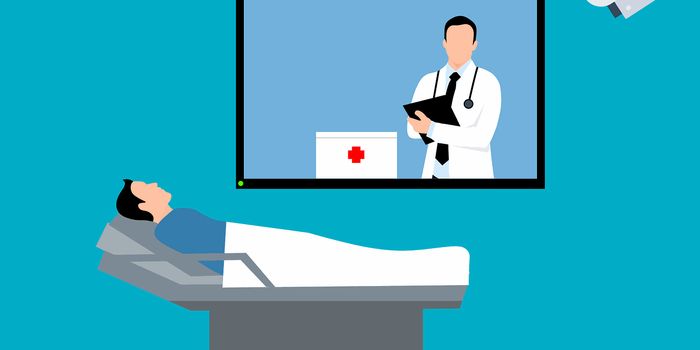Artificial Intelligence Could Improve Sleep Care
Artificial intelligence (AI) has long been used for applications in healthcare and now it holds the potential to improve efficiencies and precision in sleep medicine. The findings of AI in the sleep study could lead to more patient-centered care and better sleep outcomes.
"When we typically think of AI in sleep medicine, the obvious use case is for the scoring of sleep and associated events," said lead author and committee Chair Dr. Cathy Goldstein, associate professor of sleep medicine and neurology at the University of Michigan. "This would streamline the processes of sleep laboratories and free up sleep technologist time for direct patient care."
Learn more about artificial intelligence (AI) in healthcare:
Findings were published in the Journal of Clinical Sleep Medicine and describes how generated electrophysiological data was collected during polysomnography. The study is now the first most comprehensive analysis on study using machine-assisted learning.
"AI could allow us to derive more meaningful information from sleep studies, given that our current summary metrics, for example, the apnea-hypopnea index, aren't predictive of the health and quality of life outcomes that are important to patients," adds Dr. Goldstein. "Additionally, AI might help us understand mechanisms underlying obstructive sleep apnea, so we can select the right treatment for the right patient at the right time, as opposed to one-size-fits-all or trial and error approaches."
AI could advance sleep medicine and by allowing more accurate diagnoses and treatment approaches.
"AI tools hold great promise for medicine in general, but there has also been a great deal of hype, exaggerated claims and misinformation," explained Goldstein. "We want to interface with industry in a way that will foster safe and efficacious use of AI software to benefit our patients. These tools can only benefit patients if used with careful oversight."
Source: Science Daily









